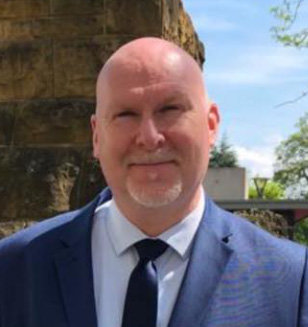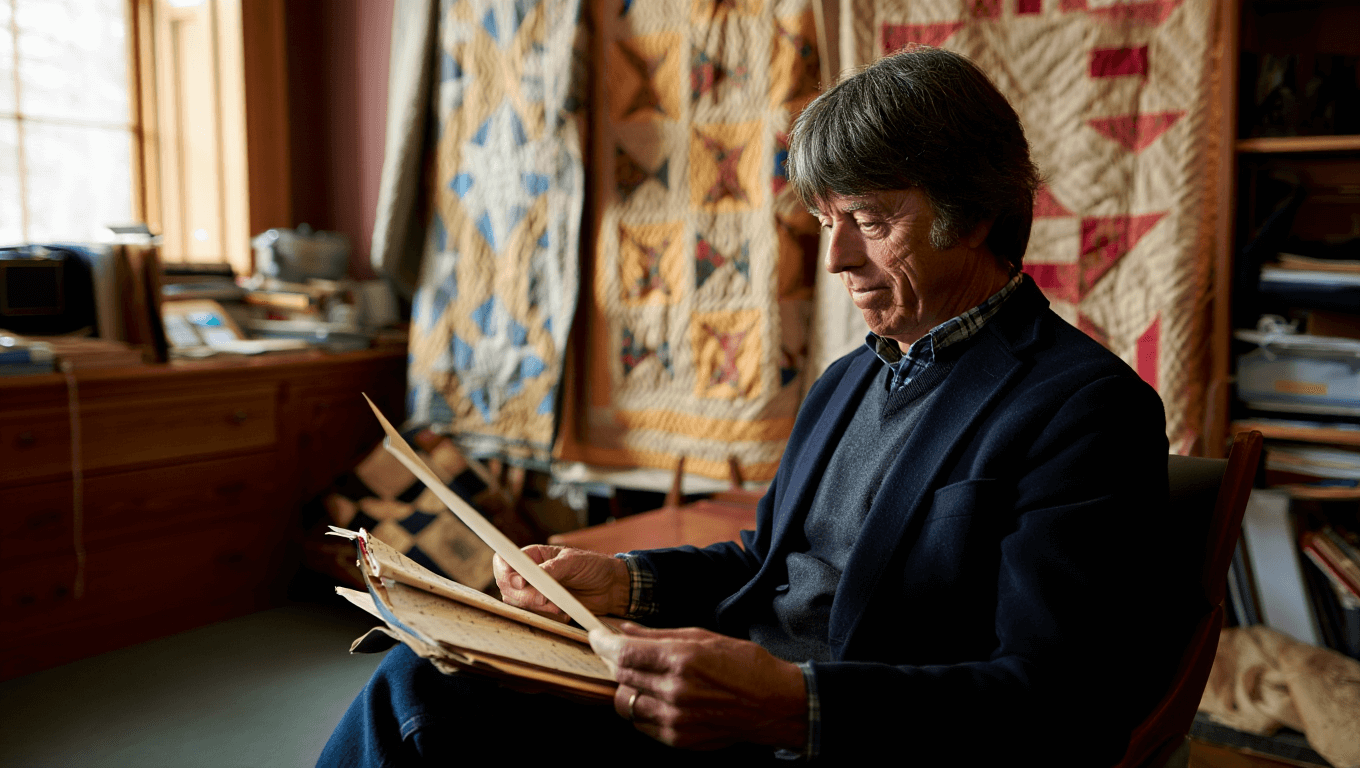Legendary filmmaker Ken Burns spent over nine years producing a stunning new documentary that challenges nearly everything viewers thought they knew about the American Revolution. The six-part, 12-hour series premieres on PBS on November 16, 2025 and airs for six consecutive nights. Burns, working with co-directors Sarah Botstein and David Schmidt, says the research process forced him to completely rethink the nation’s founding story.
Pluto TV’s Hidden Movie Section Rivals Premium Services
Korean Netflix Has 200+ Shows US Version Doesn’t Stream
🔥 Quick Facts:
- Premiere Date: Nov. 16-21, 2025 on PBS at 8 p.m. ET
- Duration: Six parts, 12 hours of immersive historical storytelling
- Voice Cast: Tom Hanks, Meryl Streep, Samuel L. Jackson, Edward Norton and more Oscar winners
- Streaming: Free on PBS.org and PBS app starting Nov. 16
- Companion Book: 600-page tome co-written by Burns and Geoffrey C. Ward now available
What Changed about America’s Founding Story?
Burns and his team discovered that the American Revolution was far grittier and bloodier than standard textbooks suggest. The documentary reveals how 13 colonies transformed from angry mobs protesting British taxes into a unified fighting force. It portrays the conflict not just as a war for independence, but as a devastating civil war that tore families and communities apart.
Netflix reveals economics behind 3-season cancellations as viewership metrics drop
YouTube Premium Originals Nobody Talks About Are Award-Winning
The research uncovered overlooked voices rarely heard in traditional histories. Young soldiers like John Greenwood, who enlisted at just 14 years old, experienced freezing conditions, lice infestations, and brutal combat. Greenwood survived the Battle of Trenton but returned home so infested that his father had to bake his clothes in an oven to kill the parasites. These intimate, visceral details bring history alive in ways textbooks never could.
“Every single one [of my preconceived notions], from who George Washington was to what happened at Lexington and Concord or Bunker Hill or Trenton or Yorktown. Everything got dimensionally more complicated and more interesting.”
How This Documentary Tells a Global Story
The American Revolution series spans from 1754 through the nation’s founding in the 1780s, covering far more than just battlefield combat. Co-director Sarah Botstein emphasizes that the conflict was fundamentally a civil war where “neighbor against neighbor, brother against brother” made impossible choices about loyalty and freedom.
The documentary also frames the Revolution as a geopolitical struggle. France, Spain, Britain, and Native American nations all played critical roles. Without French assistance, American independence wouldn’t have succeeded. The documentary reveals why understanding these global dimensions matters for grasping how a scrappy colonial insurgency defeated the world’s most powerful empire.
Viewers will encounter lesser-known but crucial figures: Margaret Corbin, who took control of a cannon after her husband died in battle and was wounded herself; James Forten, a Black teenager who served on a privateer; Betsy Ambler, whose letters captured a child’s perspective during wartime; and Elizabeth Freeman, one of the first enslaved people to win freedom through a legal suit.
About the Series Details and Cast
The production features an exceptional roster of talent bringing historical figures to life. The series is narrated by Peter Coyote, who has been Burns‘ signature voice for decades. A-list actors including two-time Oscar winner Tom Hanks, three-time Oscar winner Meryl Streep, and Samuel L. Jackson lend their voices to pivotal figures from the era. Oscar winner Edward Norton, Josh Brolin, Kenneth Branagh, Adam Arkin, Ethan Hawke, and Laura Linney round out the impressive ensemble.
| Detail | Information |
|---|---|
| Series Title | The American Revolution |
| Release Date | November 16-21, 2025 (PBS primetime) |
| Format | Six episodes, 12 hours total |
| Streaming | PBS.org, PBS app, Amazon Fire TV, Roku |
| Narrator | Peter Coyote |
| Production Time | Over 9 years of research and filming |
The companion book totals 600 pages and is now available in bookstores. Burns emphasized that only public broadcasting could have supported a project of this scale and ambition. “Nobody else is going to give us ten years to build a history of the Revolution,” he stated in a recent interview.
Why This Video Matters Right Now
The timing of this release is significant. The documentary premieres just before Thanksgiving and ahead of America’s 250th anniversary in July 2026. Burns and Botstein hope the series reminds Americans of their shared founding values during a period of deep national division.
They emphasize that understanding the Revolution’s complexity—its violence, its moral ambiguities, its civil war dimensions—can guide contemporary conversations about democracy and national identity. By showing how Americans faced impossible choices about loyalty, liberty, and violence, the documentary invites viewers to contemplate difficult questions about what citizens owe their nation and each other.
The filmmakers also underscore an often-overlooked fact: many people lost everything during the Revolution. Loyalists were driven from their homes. Enslaved people who fought for British forces seeking freedom were often betrayed. Native Americans watched their lands disappear. These perspectives complicate the triumphalist “underdog victory” narrative most Americans learned in school.
Will Documentaries Like This Reshape How We Teach History?
The documentary represents a watershed moment for public broadcasting and historical storytelling. The production drew on decades of scholarship revealing overlooked voices and perspectives. Co-director David Schmidt spent years digging through archives to find quotes, letters, and testimonies that previous generations had ignored or overlooked.
This approach differs sharply from textbook narratives. Rather than celebrating “great men,” the documentary centers everyday people—soldiers, families, enslaved people, women, Indigenous nations. Burns argues this makes history “richer and more dynamic and more interesting” than any fabrication could achieve.
Viewer responses will likely spark important cultural conversations. The series already has educators developing classroom materials and lesson plans. Museums across the country, including the Museum of the American Revolution, the Colonial Williamsburg Foundation, and the Smithsonian Institution, are planning complementary exhibits and programs. Educational institutions are preparing for the documentary’s impact on how Americans understand their origins.
Can One Documentary Change How You See American History?
According to Burns, this project will challenge viewers to confront uncomfortable truths. George Washington emerges not as an infallible leader but as a flawed man who made “huge, bad blunders” on the battlefield. Loyalists and Patriots become real people making impossible moral choices rather than cartoon villains. The Revolution becomes a tragedy involving loss, betrayal, and violence, not merely a heroic victory.
Watch the official trailer to catch a preview of what’s coming:

The documentary arrives at a moment when Americans desperately need to reconnect with their founding story. Burns closes his research statement with philosophical hope: “Maybe by going back and reinvesting some time in this origin story, we’ll be able to put the ‘us’ back in the U.S.” Will you tune in to discover what truths about 1776 have been hiding in plain sight all along?
Sources
- Smithsonian Magazine – “Ken Burns Says His New Documentary Forced Him to Revisit Everything He Thought He Knew About the American Revolution” (November 13, 2025)
- PBS – Official “The American Revolution” documentary information and streaming details
- Deadline – “‘American Revolution’ TV Review: Ken Burns’ PBS Series Premieres Nov. 16” (November 15, 2025)

Daniel Harris is a specialist journalist focused on the crossroads of breaking news, extraordinary history, and enduring legends. With a background in historical research and storytelling, he blends timely reporting with timeless narratives, making complex events and ancient myths resonate with today’s readers. Daniel’s work often uncovers surprising links between present-day headlines and legendary tales, offering unique perspectives that captivate diverse audiences. Beyond reporting, he is passionate about preserving oral traditions and exploring how extraordinary stories continue to shape culture and identity.

